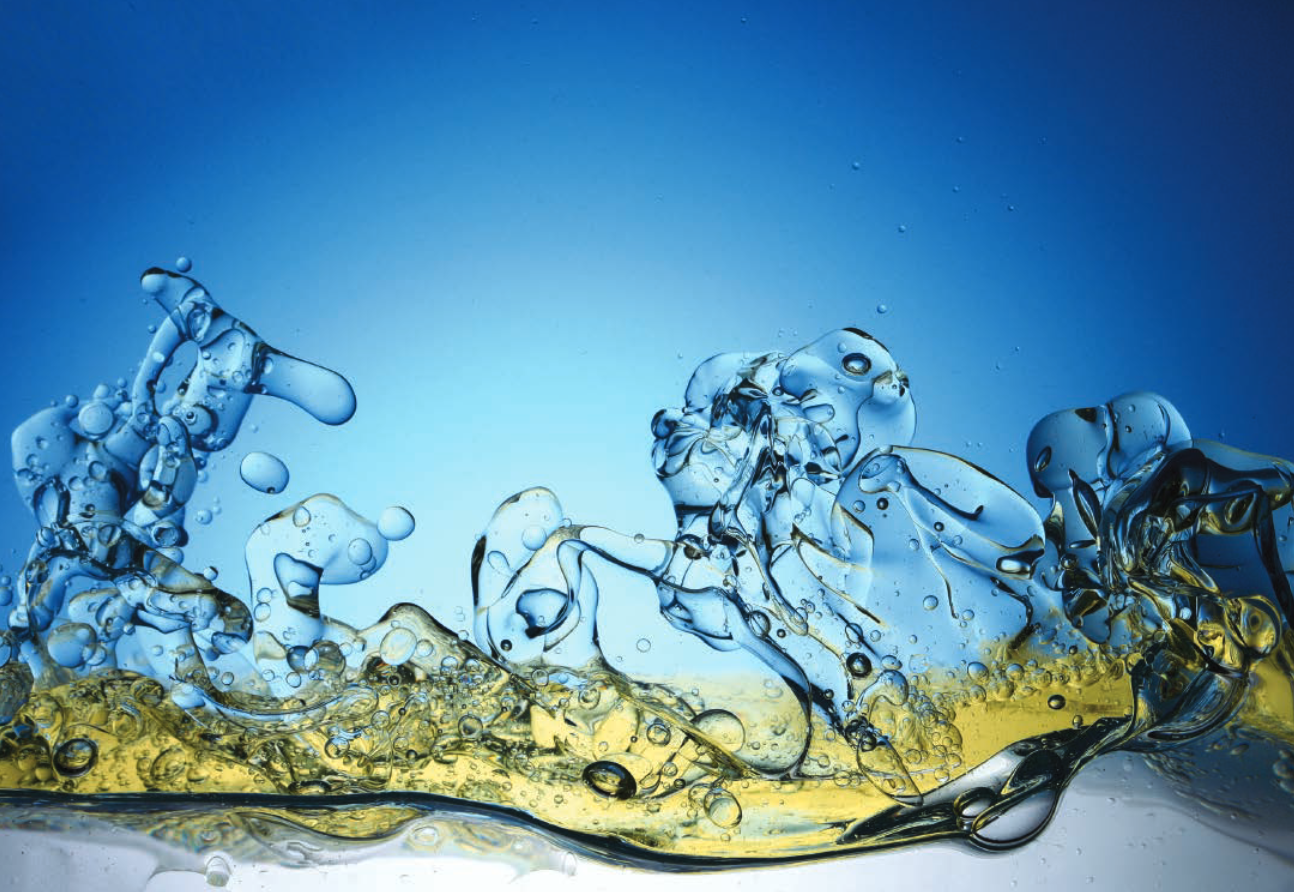University and Government Collaboration

Industry production consumes vast amounts of water while simultaneously generating colossal volumes of wastewater laden with various pollutants, raising alarming environmental concerns. Among these contaminants, oily wastewater stands out as a significant contributor. For example, the mining industry produces 140,000 L of oil-contaminated water each day. Additionally, oil leaks and spills during marine transportation and oil production further exacerbate contamination in lakes, rivers, and natural resources. It’s undeniable that recycling and purifying wastewater can have profound global benefits. To address these pressing issues, a diverse range of methods have been developed to remove the oily contamination from water.
These techniques span from physical (e.g., skimmers, adsorption), chemical (e.g., in-situ burning, solidifier, dispenser), to biological (e.g., microorganism degradation).
However, each of these methods encounters its unique limitations across different scenarios, including concerns about efficiency, cost, and selectivity. Researchers at Fraunhofer USA CMW, fueled by funding from Michigan Translational Research & Commercialization (MTRAC) Tier I project, are developing a selective biochar adsorbent for oil/water separation using innovative plasma technology. The core of this technology involves the transformation of cost-effective biochar derived from sustainable biomass into a super-efficient adsorbent through plasma treatment.
Remarkably, this entire process can be completed within minutes, making it both time and energy-efficient. Leveraging its inherent porous structure and high specific surface area, the biochar adsorbent swiftly captures oil phases, regardless of its form in water. What sets this innovation apart is its remarkable selectivity, as it selectively absorbs oil while repelling water. Ultimately, researchers aim to create a continuous oil/water separation system using this highly selective, cost-effective biochar adsorbent. The integration of this system into various industries holds the potential to selectively eliminate oily pollutants from wastewater prior to discharge. While the successful completion of this project promises not only to safeguard the pristine waters of the Great Lakes region but also pave the way for widespread adoption of oily wastewater recycling across the nation.